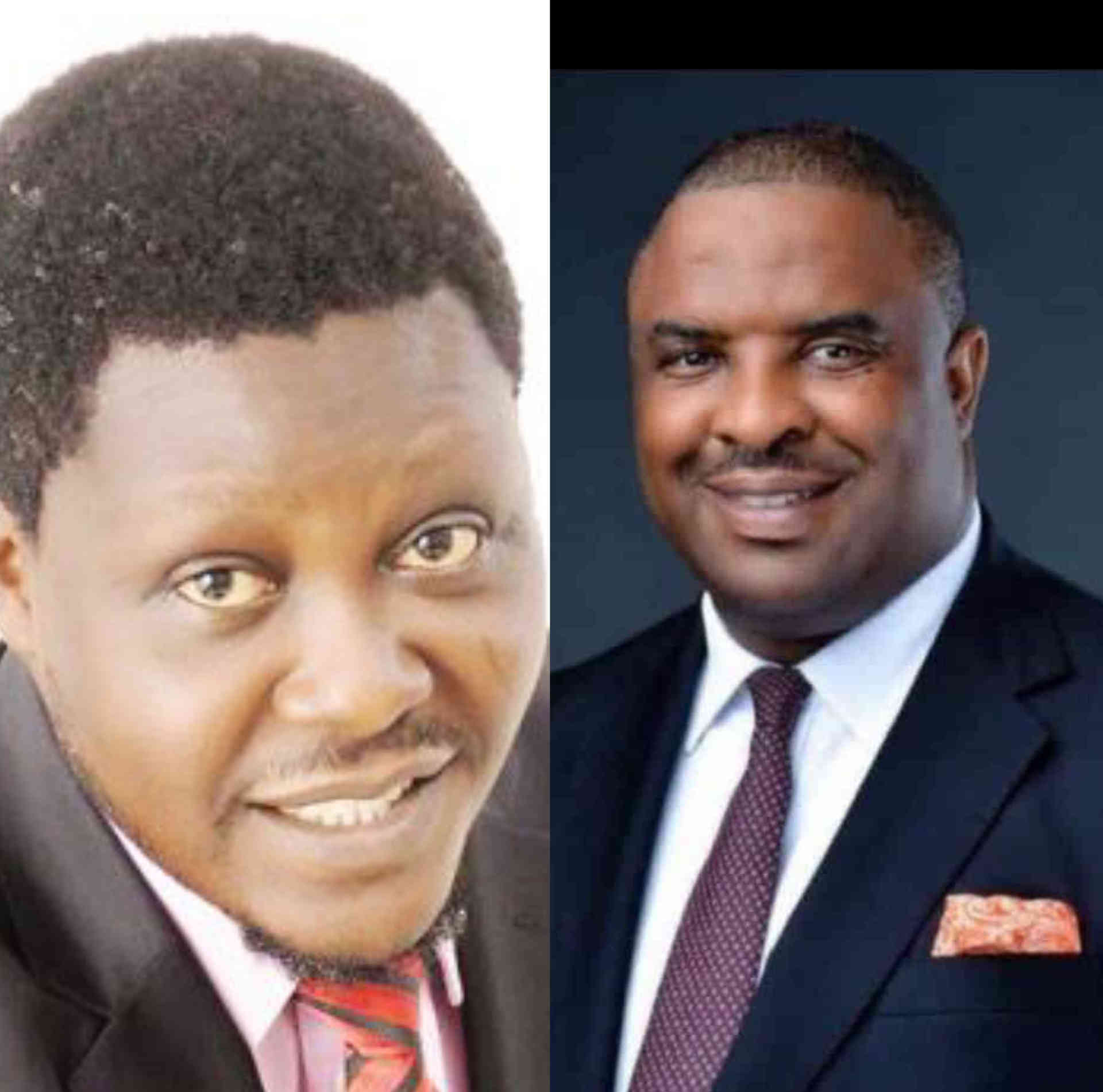In a sweeping and historically rich endorsement, Stephen Onimisi Obajaja, Esq., former Secretary of the Nigerian Bar Association (NBA) Lagos Branch, has thrown his full support behind Tobenna Erojikwe’s candidature for the NBA presidency. Obajaja’s endorsement, titled “IT IS RIGHT THAT TOBENNA LEADS THE NIGERIA BAR ASSOCIATION (NBA) NOW,” offers a panoramic view of the NBA’s recent history and positions Erojikwe’s potential leadership as the harbinger of an “organic third wave of reform” in the association.
Obajaja begins by asserting the inevitability of change, stating, “I must as a sense of duty and fidelity to my professional Association state that I am convinced as many others are that a third wave of reform in our electoral process is imminent. It is upon us if we but discern the pattern.”
The endorsement meticulously traces the NBA’s journey through two previous waves of reform. Obajaja explains, “The first wave of reform provided for shifts and shapes of who, when and how to vie for Leadership in the NBA.” He credits this initial reform to the 2015 constitutional changes under Austin Alegeh, SAN, describing it as “a parchment work and it still is (with the amendments in 2022). It is work in progress as there is no perfect Constitution anywhere in the world.”
The second wave, Obajaja notes, “tried to improve on the deficiencies of the effervescent first wave of reform following successive disputed elections.” He acknowledges the efforts of Ayo Akintunde, SAN, and the “seismic Presidency of the revered Olumide Akpata whose prefix is simply Mr. with no grandiose suffix” in seeing this reform to fruition.
In a striking analysis, Obajaja posits that a third wave of reform is now upon the NBA. He describes it in vivid terms: “This third wave of reform is organic. It is the genuine and authentic connection between individuals that develops naturally over time without force or manipulation. It is the shape shifting that could not be committed to paper and which indeed may never be adequately explained.”
Drawing parallels with past NBA leaders, Obajaja points out a common thread: “Our revered leader, Alao Aka Bashorun (of blessed memory), who is still the focal and reference point in effective bar leadership was not a Senior Advocate of Nigeria, Our Amazon, who stood up to save the bar in 1992 in the face of the onslaught of military tyranny, Dame Priscilla Kuye is not a Senior Advocate of Nigeria. One man of contemporary times, for whom many have ran out of superlatives to garland his time at the helm of affairs of the NBA, Olumide Akpata is not a Senior Advocate of Nigeria.”
Obajaja makes a compelling case for alternating leadership between SANs and non-SANs, declaring, “Let a non-SAN lead and let an SAN lead. It is now time for a non-SAN to lead again and that man is Tobenna Erojikwe.”
The endorsement concludes with a powerful rallying cry: “Let us all in unison give him the mandate to re-enact, re-create and revalidate the legend Bashorun, Kuye and Akpata were. This is the organic third wave of reform in the NBA and it will happen.”
This endorsement from a former NBA Lagos Branch Secretary adds significant weight to Erojikwe’s campaign. By framing Erojikwe’s potential presidency as part of a broader historical pattern of reform within the NBA, Obajaja presents a compelling narrative that may resonate with many members of the association.
Obajaja’s emphasis on organic reform and the natural evolution of leadership within the NBA could strike a chord with members who are looking for authentic, grassroots change. His reference to past non-SAN leaders who made significant impacts on the NBA serves to legitimize and contextualize Erojikwe’s candidacy.
As the NBA presidential election approaches, this thoughtful and historically grounded endorsement could influence voters’ perspectives, particularly those concerned with the long-term evolution and improvement of the association. It positions Erojikwe not just as a candidate, but as a potential catalyst for an organic, member-driven reform of the NBA.
The endorsement’s closing statement, “This is the organic third wave of reform in the NBA and it will happen,” serves as both a prediction and a call to action, potentially energizing Erojikwe’s supporters and swaying undecided voters.
As the legal community in Nigeria digests this powerful endorsement, it remains to be seen how other candidates and their supporters will respond and how this “third wave of reform” narrative will shape the discourse in the final days before the election.




